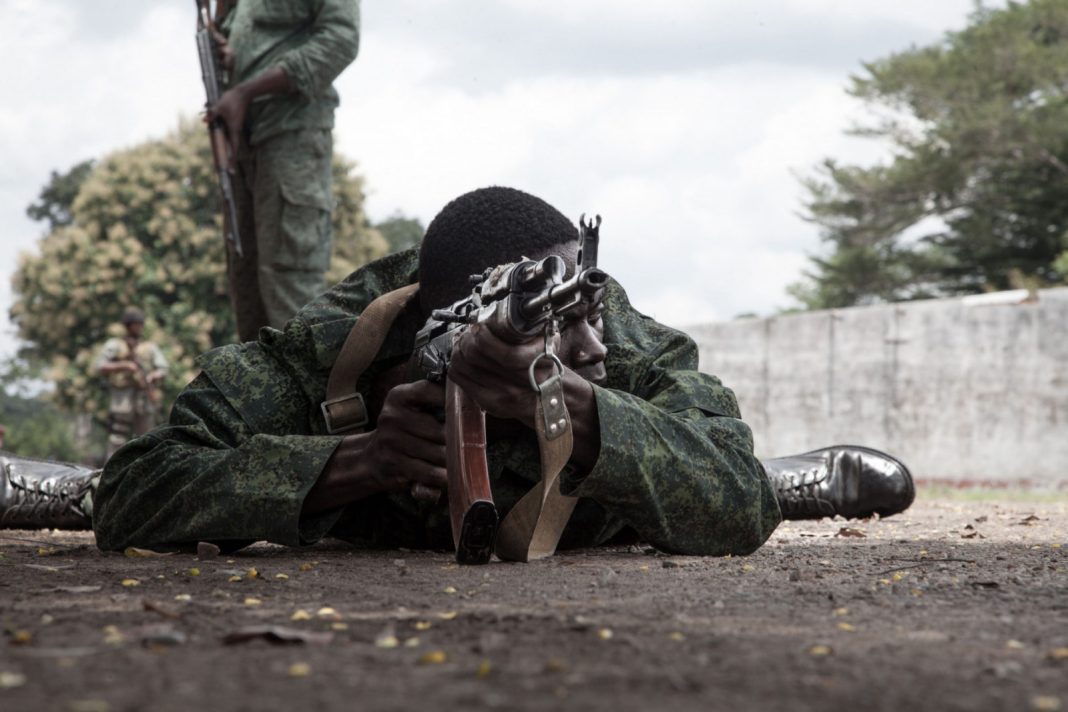In a tragic incident in the Central African Republic, ten individuals, including a child, lost their lives after being abducted from motorcycle taxis. The attack occurred in Djamangoundji, approximately 600 kilometers northwest of the capital, Bangui, with a local official attributing the violence to “thugs.”
The victims were returning from a religious festival in Bria when they were targeted. Reports indicate that the assailants specifically seized passengers traveling from the central town of Ippy. Jacques Tafogo, a member of parliament from Bria, expressed his shock regarding the brutal nature of the killings. Eyewitness accounts suggest that the victims were bound and executed with their throats slit, leaving the local community in disbelief and mourning.
Evariste Biguinindji, the prefect for Haute-Kotto, confirmed that the attackers murdered six motorcycle taxi drivers from Bria, four individuals from Ippy, and a child. In response to this horrific event, Biguinindji has declared three days of mourning and urged residents to remain calm while security forces initiate a thorough search for the perpetrators.
Compounding the grief in the region, local motorcycle taxi drivers have declared a strike lasting until Friday, protesting the wave of violence that has impacted their community. Tafogo noted that the area has been marred by similar violent incidents, including a September attack that resulted in around ten fatalities.
The Central African Republic, which has struggled with instability since its independence from France in 1960, remains one of the world’s poorest nations. According to the World Bank, approximately 71% of its over six million citizens live below the poverty line. The country has a rich repository of natural resources, such as diamond and gold deposits, yet these riches have often been a source of conflict. Rival militias have fought fiercely for control over these lucrative resources, exacerbating the situation.
The ongoing civil war, which escalated in 2013, has led to significant humanitarian challenges, although the intensity of the fighting has diminished in recent years. The region’s wealth has attracted foreign interest, with mining permits being granted to entities from countries including China, the United States, Rwanda, and Russia. Notably, the Wagner Group, a paramilitary force, has been active in supporting the government in its struggle against various armed rebel groups since 2018.
As the community grapples with the aftermath of this latest attack, concerns about security and stability in the region continue to mount.





